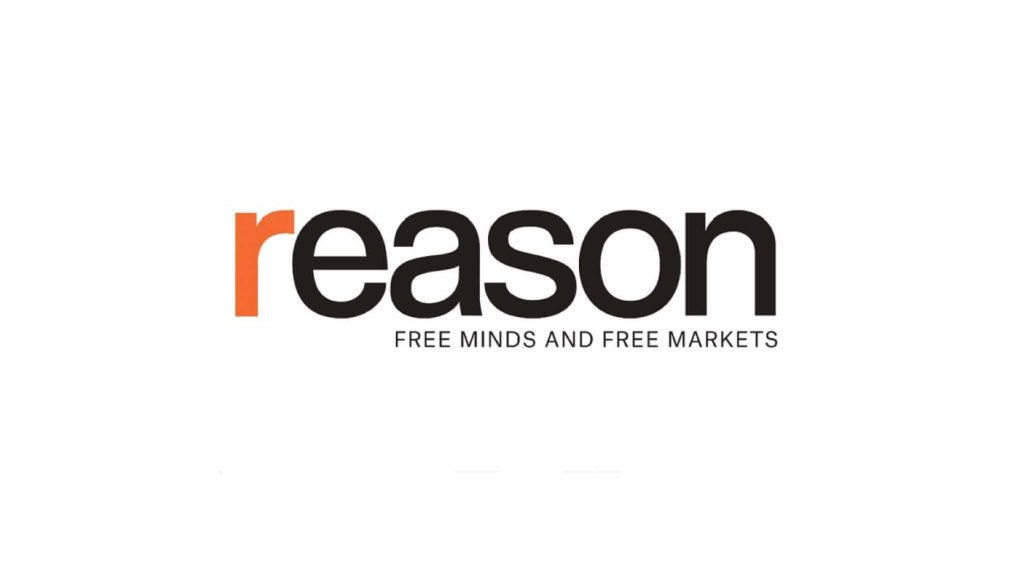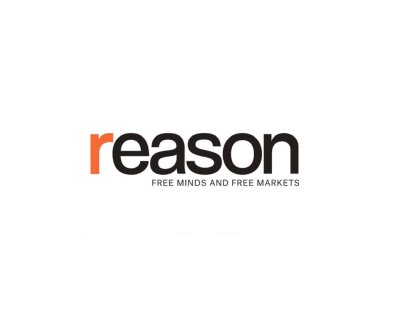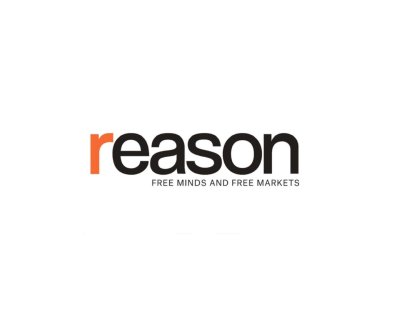Abolish the FCC’s Equal Time Rule Before the Next Election
It’s hard to imagine that one of the animating issues in the final days of the 2024 presidential campaign would be a decades-old regulation enforced by the Federal Communications Commission (FCC). But that makes this the perfect time to talk about abolishing the equal time rule.
As Reason reported last month, the Constitution Party’s Randall Terry used his presidential campaign to weaponize FCC regulations and force broadcasters to air his anti-abortion ads. Under the “equal opportunities requirement“—a federal regulation more often called the equal time rule—if a candidate for public office appears on a licensed broadcast station, the station must “afford equal opportunities” to all other candidates for the same office, with exceptions for “bona fide” news coverage.
Although Terry doesn’t seem to be genuinely competing for votes, his status as a “legally qualified candidate” ensured that licensed broadcasters must air his ads, so long as he can pay the same rate as the other candidates, and that the broadcasters “shall have no power of censorship over the material broadcast.”
Closer to election day, another equal time controversy reared its head when Vice President Kamala Harris, the Democratic presidential nominee, made a cameo appearance on the November 2 episode of NBC’s Saturday Night Live.
“This is a clear and blatant effort to evade the FCC’s Equal Time rule,” Republican FCC Commissioner Brendan Carr posted on X. “The purpose of the rule is to avoid exactly this type of biased and partisan conduct—a licensed broadcaster using the public airwaves to exert its influence for one candidate on the eve of an election.”
As Carr notes, the FCC issues broadcast licenses that allow TV and radio stations to transmit over certain public frequencies. “In exchange for obtaining a valuable license to operate a broadcast station using the public airwaves, each radio and television licensee is required by law to operate its station in the ‘public interest, convenience and necessity,'” says the FCC. “Station licensees, as the trustees of the public’s airwaves, must use the broadcast medium to serve the public interest.”
NBC alone has dozens of local affiliate stations. The FCC regulates the affiliates, not the networks themselves or cable channels: The affiliates broadcast the networks’ content, and cable does not transmit over public airwaves.
On Sunday afternoon, Carr posted an FCC filing in which NBC acknowledged that Harris “appeared without charge” on the Saturday Night Live “for a total period of 1:30 (one minute and 30 seconds).” Theoretically, then, all other “legally qualified” presidential candidates could then be entitled to 90 seconds of free NBC airtime. (To compensate, NBC ran a 60-second ad for former President Donald Trump twice on Sunday, once during NASCAR coverage and again during Sunday Night Football.)
SNL also aired a sketch later in Saturday‘s broadcast, in which a game show contestant proclaims 2024 “the most important electi
Article from Reason.com

The Reason Magazine website is a go-to destination for libertarians seeking cogent analysis, investigative reporting, and thought-provoking commentary. Championing the principles of individual freedom, limited government, and free markets, the site offers a diverse range of articles, videos, and podcasts that challenge conventional wisdom and advocate for libertarian solutions. Whether you’re interested in politics, culture, or technology, Reason provides a unique lens that prioritizes liberty and rational discourse. It’s an essential resource for those who value critical thinking and nuanced debate in the pursuit of a freer society.




